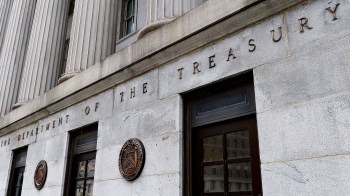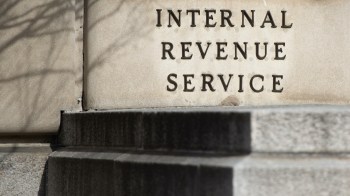What’s in a name, anyway? A lot, if you’re a budget negotiator, especially one who’s promised not to raise taxes — and must avoid the “t-word” at all costs.
“We try not to call bad things by their names,” says Anatoly Liberman, who teaches linguistics at the University of Minnesota. “The word fee is more marketable than the word tax.”
But Liberman says they really mean the same thing. But surprise, surprise — politicians don’t always say what they mean. The deal they’re reportedly coming up with would replace some of the automatic sequestration spending cuts with revenues from fees, not taxes.
John Pitney, a political science professor at Claremont McKenna College, says there’s a reason taxpayers can swallow a fee better than a tax.
“A fee is something you pay in order to get something from the government,” he explains. “Arguably you get some kind of government service as a result of paying the fee.”
For example, the negotiators are reportedly considering a hike in airline fees to pay for security. Semantics can come in handy when Congress is as closely divided as it is now.
“It’s in the interest of both sides to come up with a really good set of euphemisms to be able to give themselves political cover in order to do what they want to do,” says Ross Baker, who teaches political science at Rutgers University.
And that goes even if they reach just a modest agreement, which Baker says is about all we can expect.
There’s a lot happening in the world. Through it all, Marketplace is here for you.
You rely on Marketplace to break down the world’s events and tell you how it affects you in a fact-based, approachable way. We rely on your financial support to keep making that possible.
Your donation today powers the independent journalism that you rely on. For just $5/month, you can help sustain Marketplace so we can keep reporting on the things that matter to you.


















